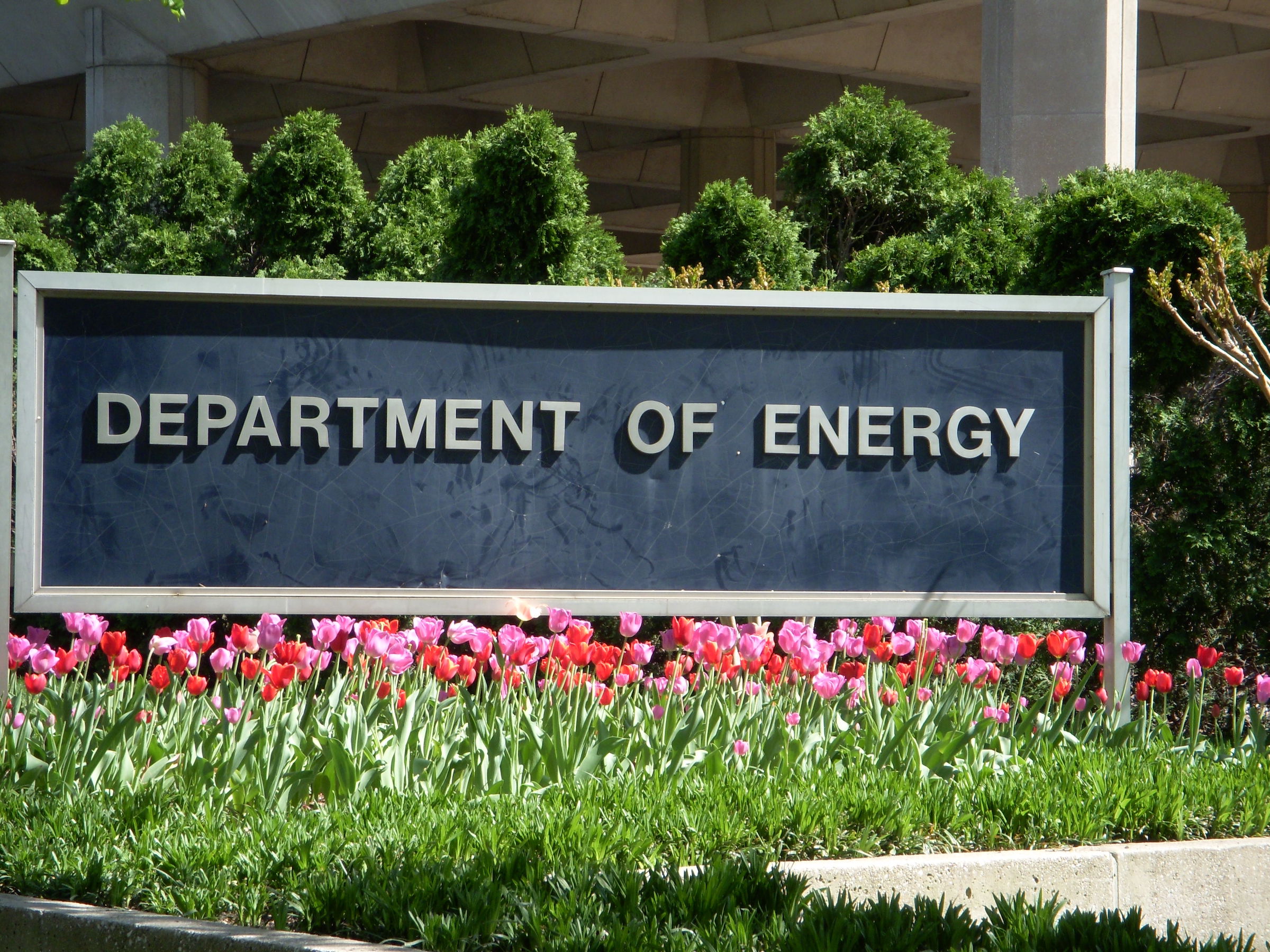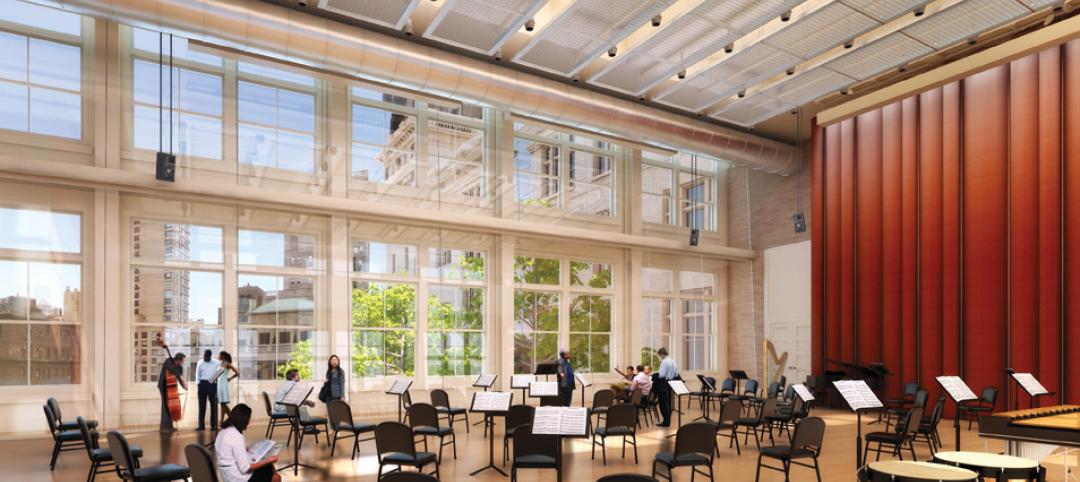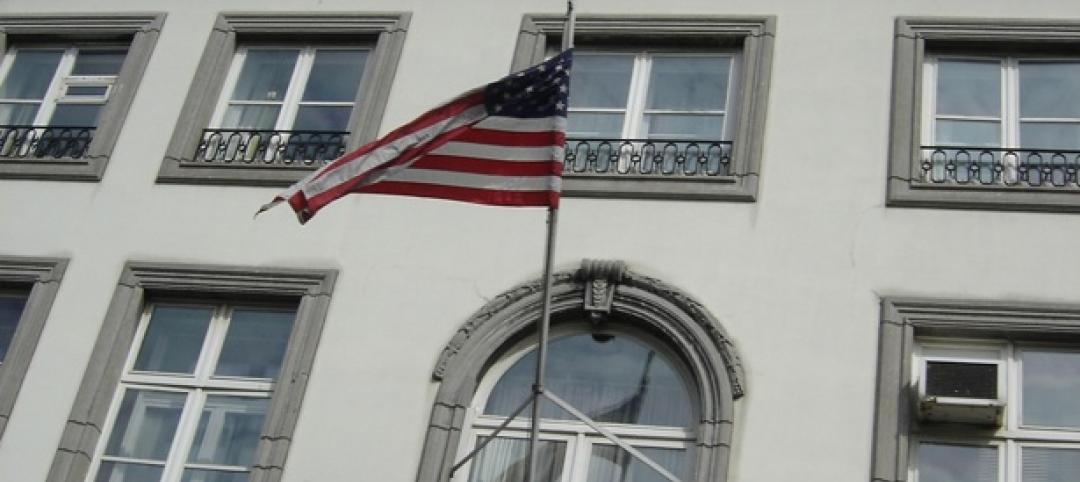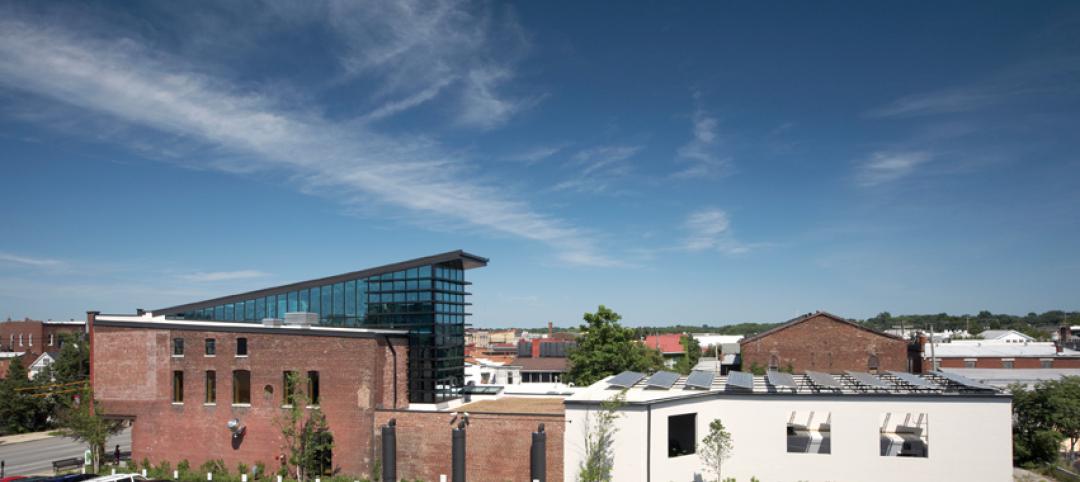The Buildings Upgrade Prize (Buildings UP) sponsored by the U.S. Department of Energy is offering more than $22 million in cash prizes and technical assistance to teams across America. Prize recipients will be selected based on their ideas to accelerate widespread, equitable energy efficiency and building electrification upgrades.
In Phase 1 of Buildings UP, teams will submit innovative concepts to increase building energy upgrades within one of two pathways: “Equity-Centered Innovation” or “Open Innovation.” Winning “Equity-Centered Innovation” teams, focused on delivering upgrades to low- and moderate-income homes; small, disadvantaged businesses; and other equity-eligible buildings, will receive $400,000 in cash.
Winning “Open Innovation” teams will receive $200,000 in cash. Winners from both pathways will also receive expert technical assistance and coaching to help bring their ideas to life. Community-based organizations, state and local governments, Indian tribes, building owners, utilities, nonprofit organizations, energy efficiency program implementers, and other organizations are encouraged to team up and apply.
“We have a once-in-a-generation opportunity to leverage billions of dollars in funding available through the Bipartisan Infrastructure Law, the Inflation Reduction Act, utility rebate programs, and many other sources to upgrade our existing buildings and help address climate change,” said Alejandro Moreno, Acting Assistant Secretary for Energy Efficiency and Renewable Energy. “Transforming existing buildings is a complex task. Each building has its own set of needs related to size, use, age, location, and more—there is no one-size-fits-all solution. Buildings UP is designed to build capacity within multi-stakeholder teams to develop a variety of solutions and drive the implementation of effective building upgrade initiatives across the country.”
Here is the full release form the U.S. Department of Energy:
The Buildings Upgrade Prize (Buildings UP) is offering more than $22 million in cash prizes and technical assistance to teams across America with winning ideas to accelerate widespread, equitable energy efficiency and building electrification upgrades.
“We have a once-in-a-generation opportunity to leverage billions of dollars in funding available through the Bipartisan Infrastructure Law, the Inflation Reduction Act, utility rebate programs, and many other sources to upgrade our existing buildings and help address climate change,” said Alejandro Moreno, Acting Assistant Secretary for Energy Efficiency and Renewable Energy. “Transforming existing buildings is a complex task. Each building has its own set of needs related to size, use, age, location, and more—there is no one-size-fits-all solution. Buildings UP is designed to build capacity within multi-stakeholder teams to develop a variety of solutions and drive the implementation of effective building upgrade initiatives across the country.”
Upgrading existing buildings to efficiently run on clean energy will help address climate change. Solutions can be varied and may include adoption of efficient electric equipment and appliances, including heat pumps and heat pump water heaters, as well as enhanced building efficiency through measures such as insulation and air sealing. Together, these efforts will help reduce carbon emissions and energy costs while improving indoor air quality and occupant comfort.
In Phase 1 of Buildings UP, teams will submit innovative concepts to increase building energy upgrades, choosing to enter one of two pathways: “Equity-Centered Innovation” or “Open Innovation.” Winning “Equity-Centered Innovation” teams, focused on delivering upgrades to low- and moderate-income homes; small, disadvantaged businesses; and other equity-eligible buildings, will receive $400,000 in cash. Winning “Open Innovation” teams will receive $200,000 in cash. Winners from both pathways will also receive expert technical assistance and coaching to help bring their ideas to life.
Community-based organizations, state and local governments, Indian tribes, building owners, utilities, nonprofit organizations, energy efficiency program implementers, and other organizations are encouraged to team up and apply. Phase 1 opens for submissions on February 18, 2023.
Up to 50 Application Support Prizes of $5,000 and 10 hours of technical assistance are available to help new and under-resourced teams complete Phase 1 applications. The Application Support Prize opens for submissions on Jan. 18, 2023, and will be awarded on a rolling basis until funds are expended.
Buildings UP is administered by the National Renewable Energy Laboratory and is part of the American-Made program, which fast-tracks innovation through prizes, training, teaming, and mentoring. Teams competing in Buildings UP will have access to the American-Made Network, connecting the nation’s entrepreneurs and innovators to America’s national labs and the private sector. Mentoring, tools, resources, and support through the American-Made Network help accelerate the transition of ideas into real-world solutions to achieve clean energy goals.
Buildings UP was developed and funded by the U.S. Department of Energy Building Technologies Office as part of its overall mission to reduce the carbon footprint of the U.S. building stock while maintaining or improving affordability, comfort, and performance.
Follow Buildings UP on HeroX.com for all prize-related updates. Phase 1 submissions are due by July 18, 2023.
Related Stories
| May 18, 2011
Carnegie Hall vaults into the 21st century with a $200 million renovation
Historic Carnegie Hall in New York City is in the midst of a major $200 million renovation that will bring the building up to contemporary standards, increase educational and backstage space, and target LEED Silver.
| May 16, 2011
Seattle unveils program to boost building efficiency
Seattle launched a new program that will help commercial property owners and managers assess and improve building energy efficiency. Under the program, all commercial and multifamily buildings larger than 10,000 sq. ft. will be measured for their energy performance using the EPA’s ENERGY STAR Portfolio Manager.
| May 10, 2011
Are green goals out of reach for federal buildings?
Many federal agencies are struggling to convert their existing buildings to meet green standards, according to the Office of Management and Budget. Of 20 agencies graded by the OMB on their compliance with green mandates, only seven met the 2010 mandate that requires at least 5% of their buildings meet energy-efficient and sustainable standards.
| Apr 14, 2011
U.S. embassies on a mission to green the world's buildings
The U.S. is putting greater emphasis on greening its worldwide portfolio of embassies. The U.S. State Department-affiliated League of Green Embassies already has 70 U.S. embassies undergoing efforts to reduce their environmental impact, and the organization plans to increase that number to more than 100 by the end of the year.
| Feb 11, 2011
Kentucky’s first green adaptive reuse project earns Platinum
(FER) studio, Inglewood, Calif., converted a 115-year-old former dry goods store in Louisville, Ky., into a 10,175-sf mixed-use commercial building earned LEED Platinum and holds the distinction of being the state’s first adaptive reuse project to earn any LEED rating. The facility, located in the East Market District, houses a gallery, event space, offices, conference space, and a restaurant. Sustainable elements that helped the building reach its top LEED rating include xeriscaping, a green roof, rainwater collection and reuse, 12 geothermal wells, 81 solar panels, a 1,100-gallon ice storage system (off-grid energy efficiency is 68%) and the reuse and recycling of construction materials. Local firm Peters Construction served as GC.










